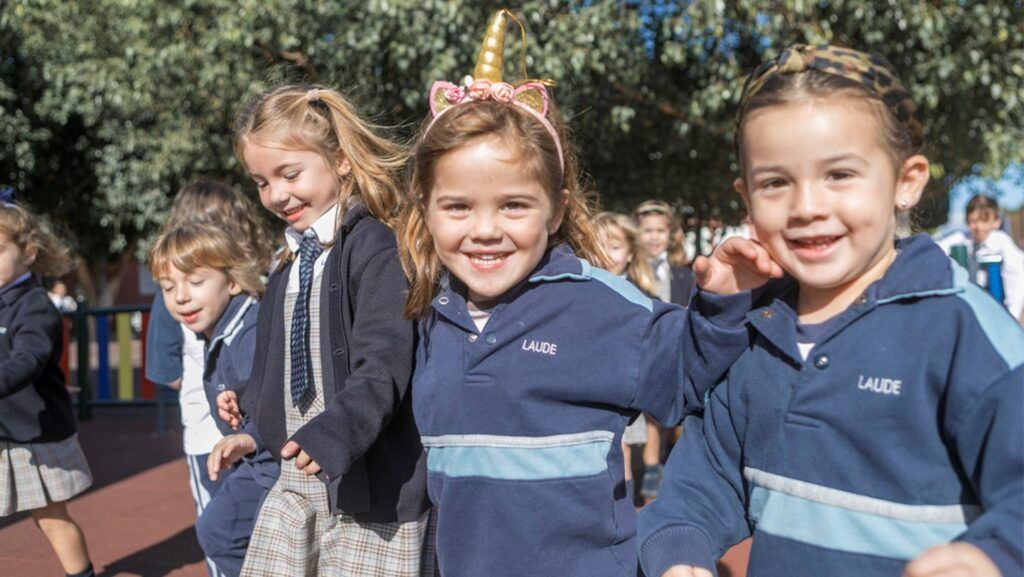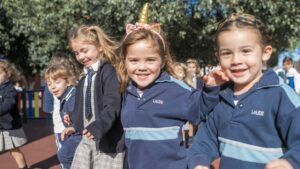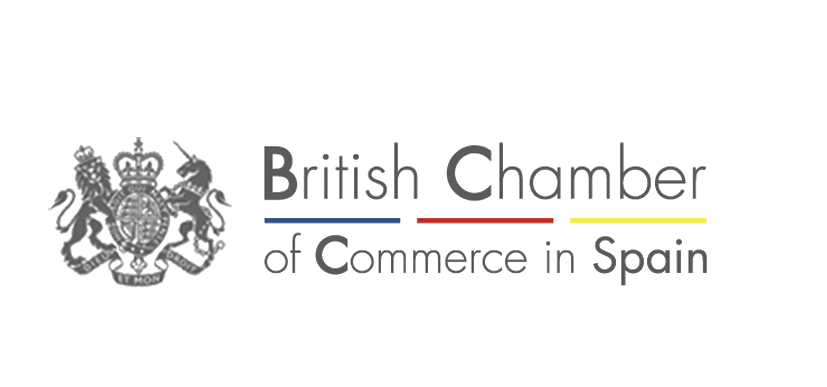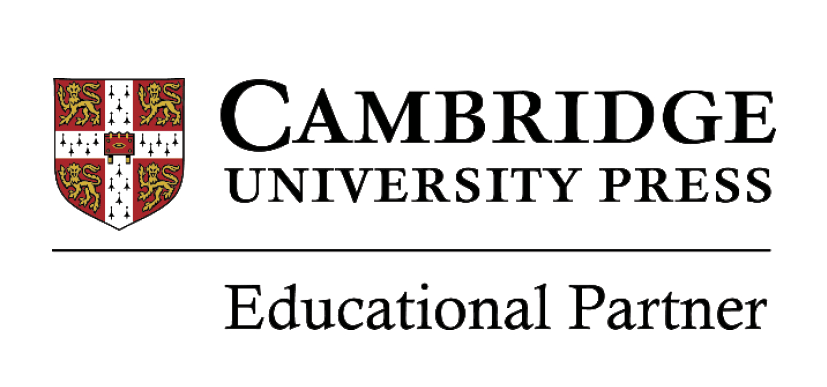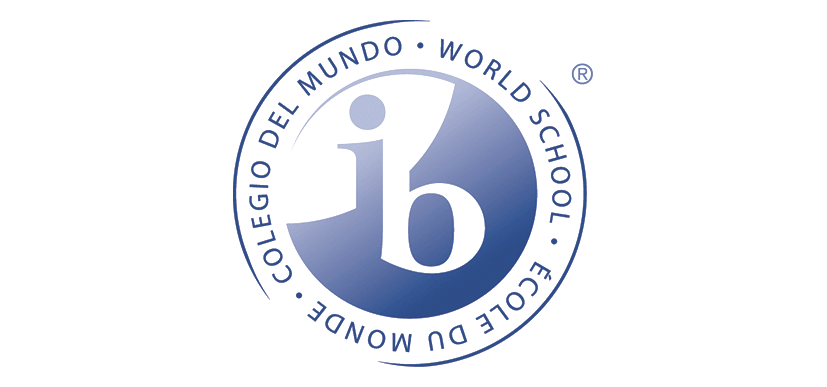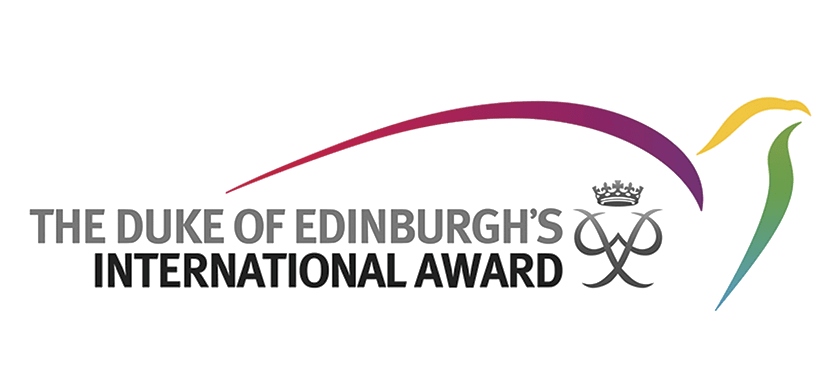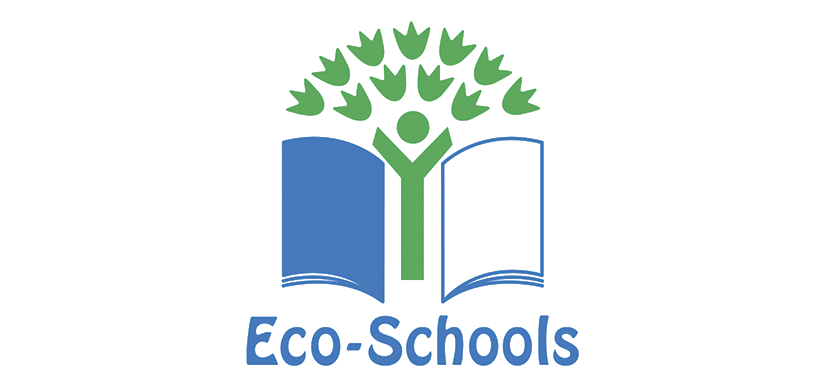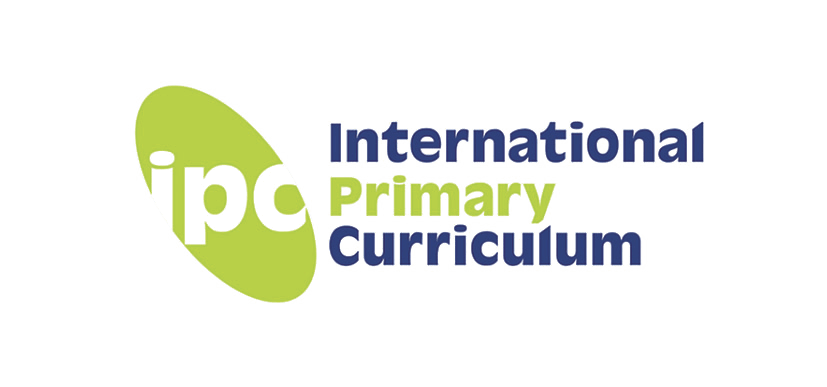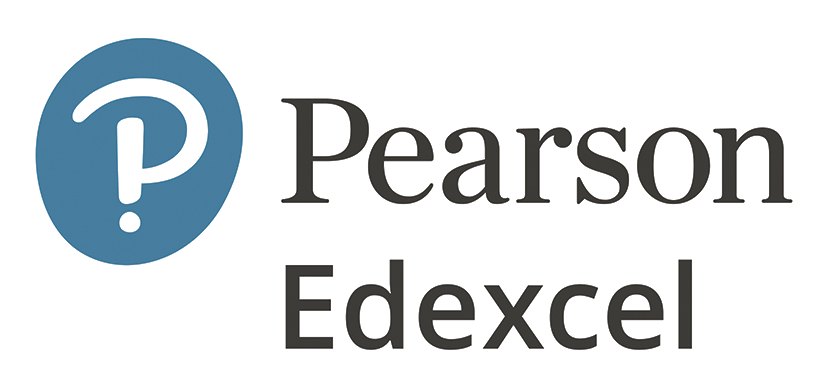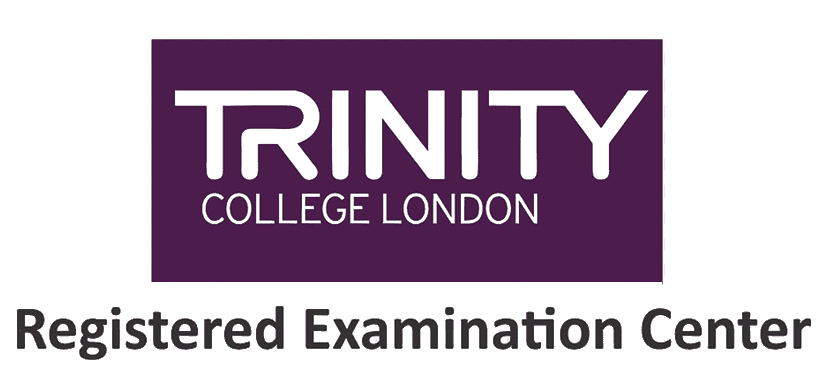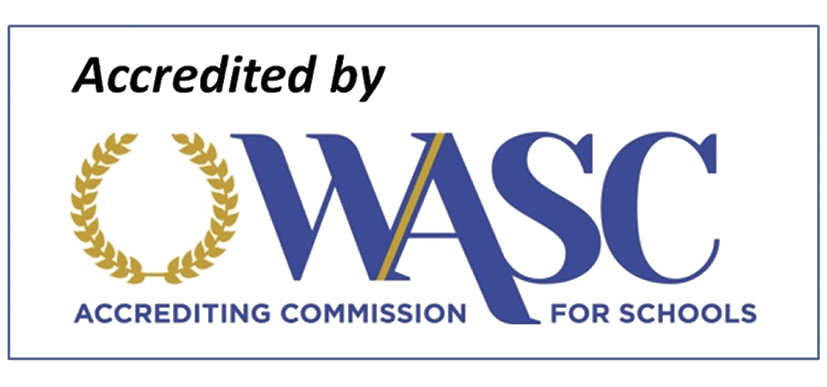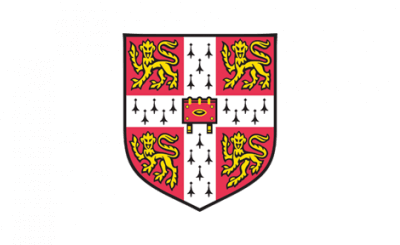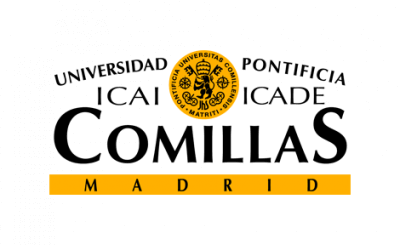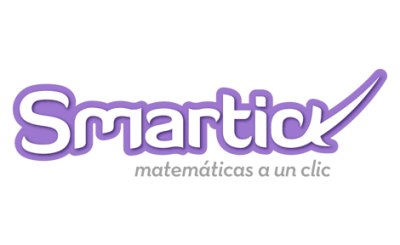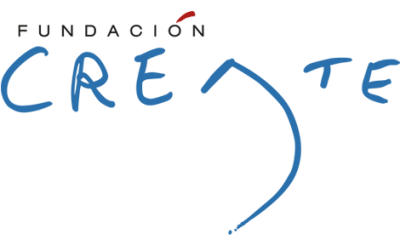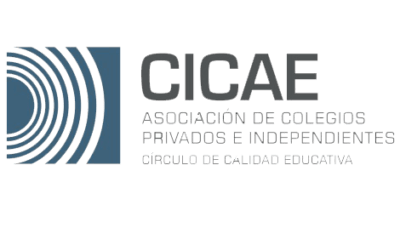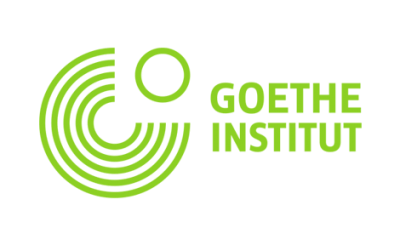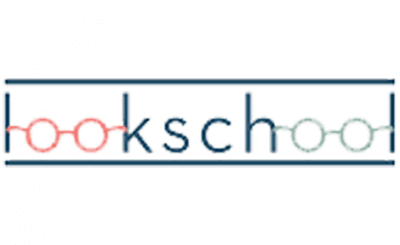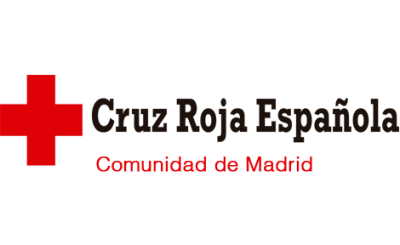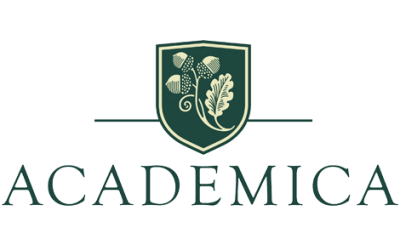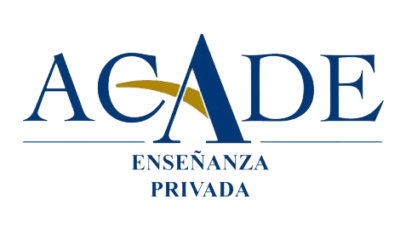The importance of Early Years education for the future
Early Years education is the first contact a child has with school education. In Spain these courses are taught from 3 to 6 years old, a very important stage for the education of a student, because during these years they will learn much of the knowledge that will be basic throughout their school years.
The importance of Early Years education is not only based on what the student can learn, these years are important for the child to engage with experiences and acquire knowledge, through the experiences that they will experience during their first school years.
Learning during the Early Years stage
There is a lot of theoretical and practical knowledge that a student learns during the preschool years. Values and skills such as concentration, solidarity, autonomy and social qualities are learned during the preschool years, and this kind of teaching is fundamental because of the long-term influence it will have on the student.
Regarding theoretical learning, during the infant stage the student will learn to identify geometric figures, spatial concepts and he or she will have his or her first contact with new technologies, reading and numbers.
We usually speak of preschool education as a preparatory stage prior to primary school, indeed, during the years of Early Years education the student must prepare for primary education, but the kindergarten years are very important, because during these years the student begins to understand their environment and acquire skills that will be essential for their future.
The objectives of the infant education stage
The general objectives of Early Years education can be summarised in the following goals.
- Promote social skills: The importance of Early Years education includes the student’s ability to relate to other people in their environment. It is very important that at this stage they learn to dialogue, listen and relate to the people around them.
- Enthusiasm for learning: Preschool education will set a series of habits that will mark the student’s school life, so it is important to inspire in the student the passion for learning, a process that will last a lifetime.
- Exposure to diversity: The student learns during his or her first years that the world is not a homogeneous place, there are other cultures, other points of view and it is very important to know and value them. During the infant stage the child learns that diversity is positive.
- Language improvement: The stage that goes from 3 to 6 years old is very important for language learning, the school will be a fundamental reinforcement to enhance their knowledge of language and language skills.
There are several methods that, when applied to preschool education, will help the student to acquire this knowledge, but it is not always possible to generate in the student a passion for learning, which is essential for his or her future. In our schools we develop a method that goes beyond the theoretical learning of certain knowledge. Our goal is that each of our students acquire a habit focused on study and learning, we get our students to perceive their own education as a stimulating process, in which they are the protagonists.
Language instruction during the Early Years
Much of the importance of Early Years education lies in language learning. During the first six years of his life, a child will acquire most of the lexical and grammatical bases that he or she will use in his life, the brain of a child of this age is capable of assimilating all kinds of knowledge related to language and also allows him or her to put it into practice immediately.
This ability can be put to good use in learning a second language. If the student learns two languages during his or her early years, the training process will be similar both in the case of the mother tongue and during the teaching of a second language.
In our centers we have language learning programs from the first school years, the result is spectacular, our students acquire during their first years a series of language structures that they will be able to put into practice in the future, establishing the basic knowledge that a language requires during their first years.
The student as the protagonist of his or her own education
One of the keys to our school programs is the idea of making each student the protagonist of his or her own learning process. Offering each student a personalised education, with an environment conducive to learning and positive relationships, will predispose the child to enhance his or her own education.
Personalised attention to the student is what distinguishes quality education. Our main commitment is based on providing each child with the tools they need according to their characteristics and aspirations and we wan t to be the support your children need to achieve their goals, based on a process of lifelong learning that begins during their first school years.
Early Years education and its impact on adult life
When we analyze the impact of Early Years education on a student we focus on aspects that have to do with values, skills and attitudes. It is important to perceive learning as a process that does not end with the attainment of secondary or higher education, but as a passion that develops throughout life. It is during the preschool stage that we can teach a child that being an adult also means learning, being willing to continue a lifelong learning process.
Our preschool teaching method is able to offer each student a personalized education, designed to be the basis for later formative stages.
ISP Schools is a network of 11 private schools in Spain, specialists in British and international education, and part of the International Schools Partnership, one of the largest educational groups in the world, with 50 schools and 45,000 students in 15 countries. We train bilingual students, help them reach their full academic potential, and empower them to adopt an international mindset through innovative learning.
Under this premise, our educational experts have prepared this content as part of the “ISP EDUCATION TALKS” initiative, an useful resource for obtaining information and advice on key issues for the education of our children.
KENIA ARRIAZA – Therapeutic Education

